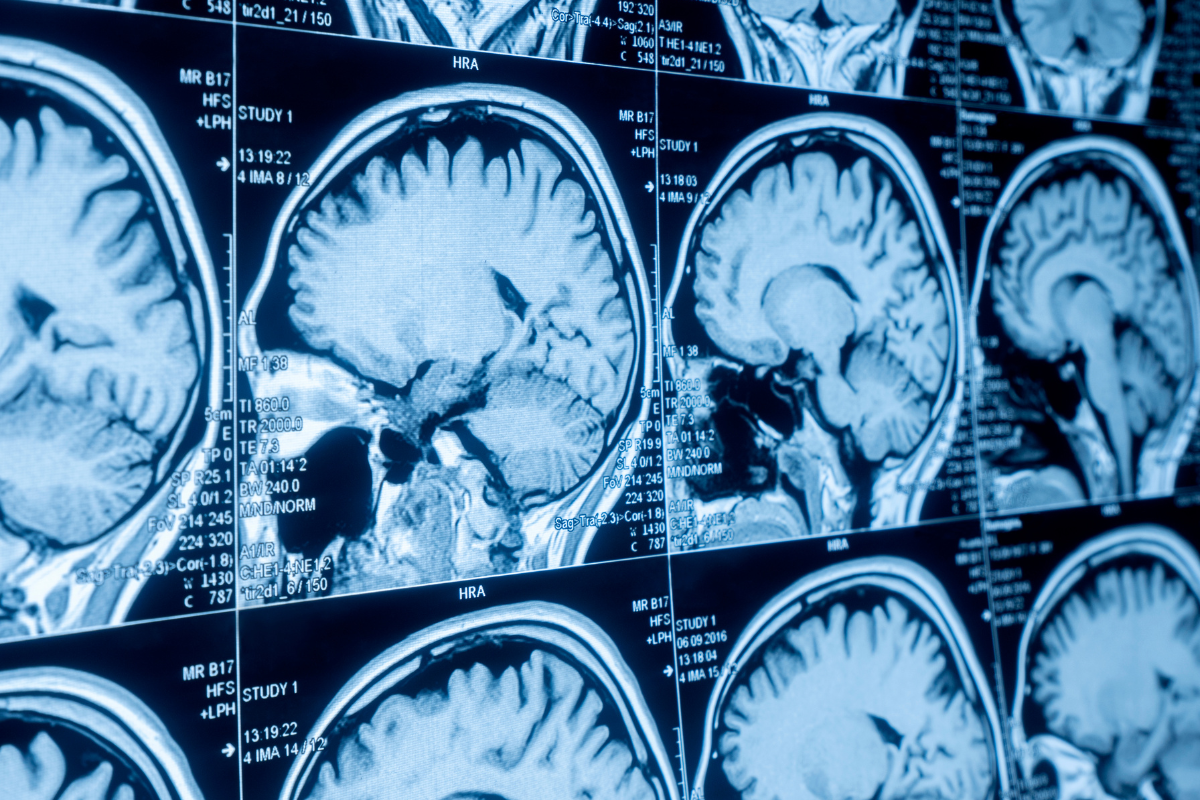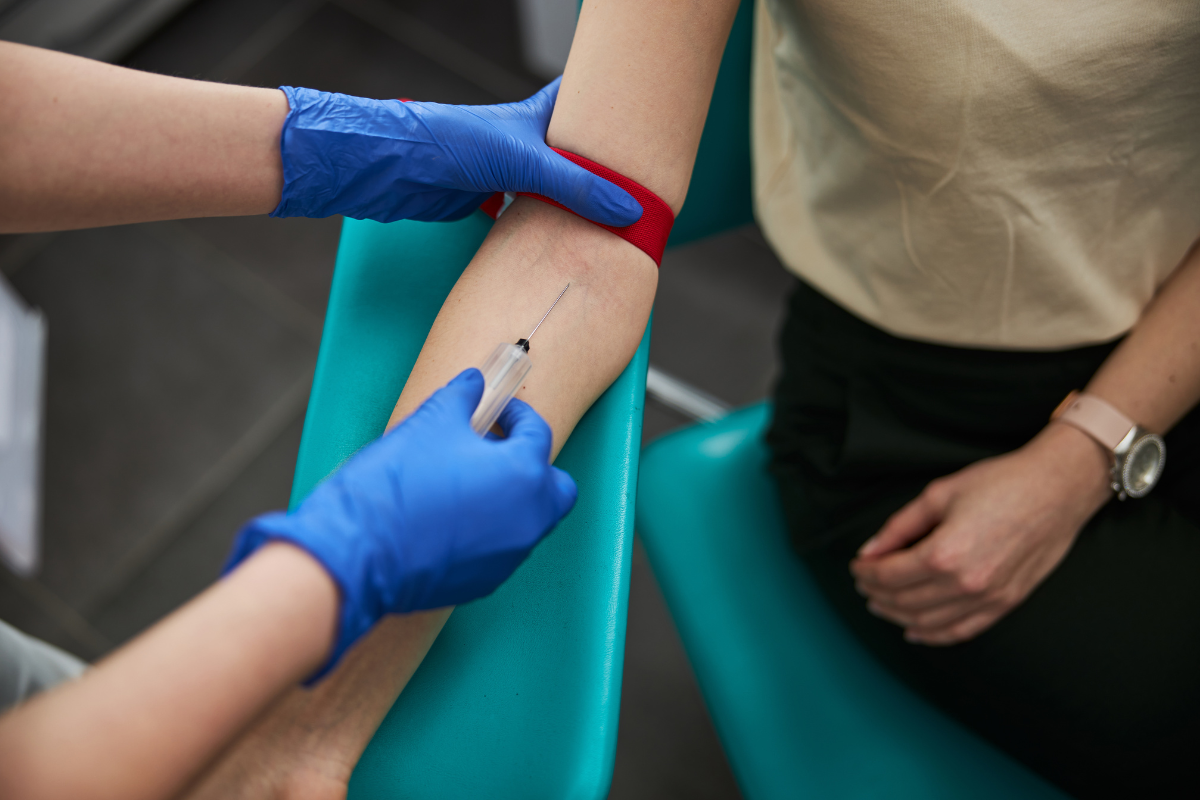Early Diagnostic Blood Biomarker for Dementia Identified Using Proteomics

A team of researchers at Fudan University in Shanghai have identified a blood biomarker for the prediction of dementia up to 15 years before diagnosis. The findings were published in Nature Aging, which states that the marker can achieve 90% accuracy when combined with other markers like genetics, sex, and ethnicity.
53,645 blood samples were taken from adults (median age 59) without dementia and frozen. Of the participants that gave samples, 1,417 developed a form of dementia by the time those samples were analysed – 10 to 15 years later.
Blood plasma from those who developed dementia was compared to those who did not. Researchers used proteomics tools to analyse the samples, looking at 1,500 proteins and their possible connection to developing dementia.
RELATED:
- Plasma Biomarkers Show Promise in CNS Trials for Alzheimer's Disease
- How Multiplexing Could Increase the Availability of Blood Biomarkers for Classifying Neurodegenerative Disorders
- Advancing Biomarkers and Diagnostics in Diabetes Clinical Trials
Of those proteins, proteomic analysis showed that GFAP, NEFL, GDF15, and LTBP2 were associated with all-cause dementia, Alzheimer’s disease, and vascular dementia. When combined with diagnostic data, increased GFAP levels were associated with a 2.32 times increased likelihood of developing dementia.
The paper says: “Our findings strongly highlight GFAP as an optimal biomarker for dementia prediction, even more than 10 years before the diagnosis, with implications for screening people at high risk for dementia and for early intervention.”
Corresponding author, Jianfeng Feng of Fudan University in Shanghai, China, and the University of Warwick, told The Guardian: “We hope to develop this as a screening kit that can be used in the NHS.”
Blood samples were taken from participants at the UK Biobank at 22 UK local assessment centres between 2007 and 2010. The UK Biobank is an extensive biomedical database consisting of 500,000 long term participants. Those samples were thawed and analysed using proteomic profiling in 2021 and 2022.
The news comes while two new Alzheimer’s drugs are under review by the Medicines and Healthcare products Regulatory Agency (MHRA) for approval in the UK: lecanemab (Biogen US, Eisai JP) and donanemab (Eli Lilly). Both therapies would require early confirmation of the disease to be effective at slowing the progression of Alzheimer’s.
It is noted that the research is yet to be independently validated. However, being able to detect a patient’s probability of developing dementia nearly 15 years ahead of conventional diagnosis could be a gamechanger for the efficacy and advent of treatments for the disease.




